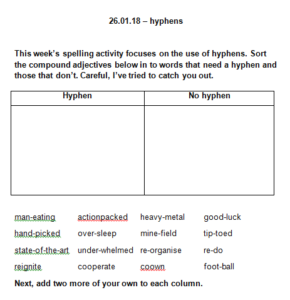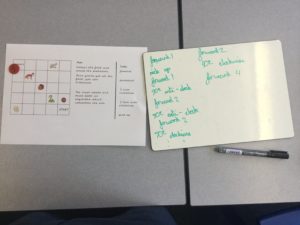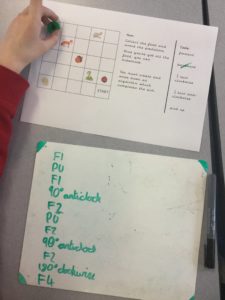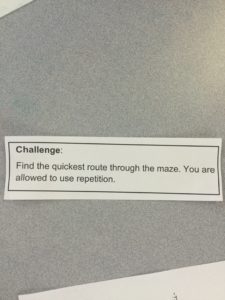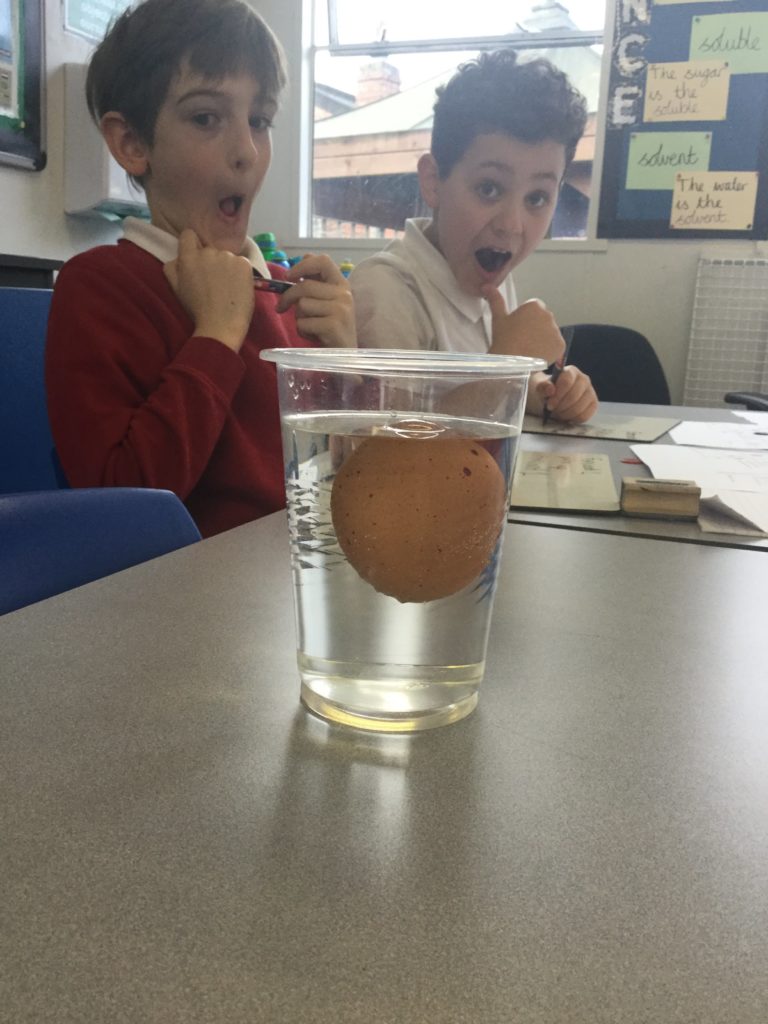This week, at Moortown Primary School, Y5 children became detectives as they attempted to solve a mysterious crime involving three pigs and a wolf.
Children, many of whom were working on their first case, were given evidence bags containing a range of items: quotes from witnesses, newspaper headlines, CCTV footage, a range of public reaction and an expert interview.
The young detectives were then set the challenge of solving the case! They quickly got to work and within an hour had come up with a solid theory which they hoped would stand up in court. (Ask your child what their theory was.)
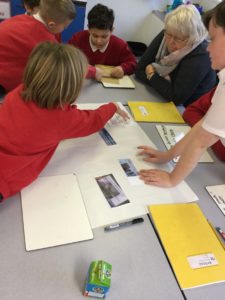
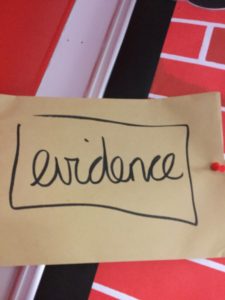
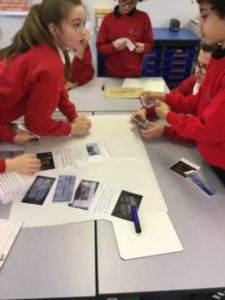
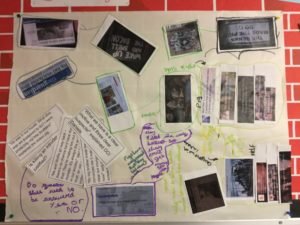
After spending some time reviewing each suspect, victim and witness, the detectives were ready for the next step: a trial. With a make-shift court set up in the Y5 classroom, the children held their own court session. With the public’s imagination captured, the children took on a role for the session: juror, judge, media, lawyer, witness or ‘The Accused’.
Mr Catherall, a teacher at the school, said: “The court case was absolutely gripping. From start to finish, the quality of the questioning was exceptional and the responses from those in the dock were just as good! All involved in the case seemed to find the whole thing fascinating and hopefully much of the information will be retained for a long time!”
After much deliberation, the jury were eventually able to come to a unanimous decision on each of the three main suspects. To find out about the jury’s verdict, contact your own child. If you require more information on this fascinating case, there is a very informative video.
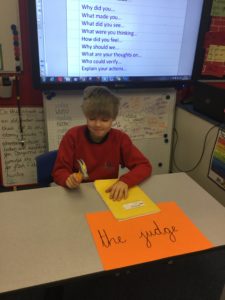
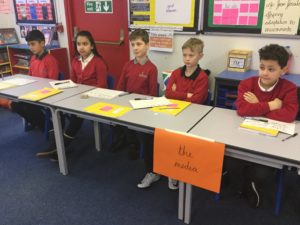
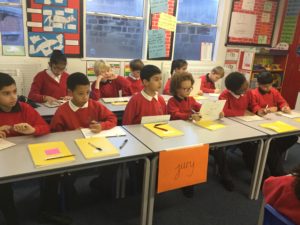
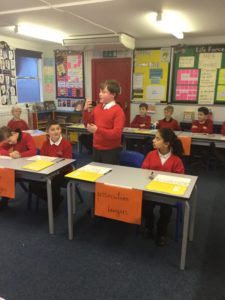
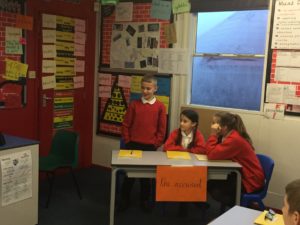
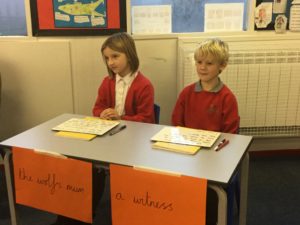
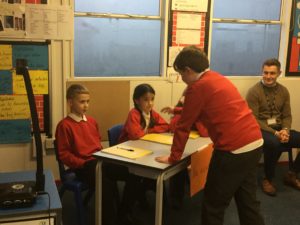
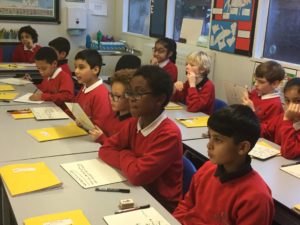
Here is a sketch (produced by a Y5 child) of the witnesses in the dock…
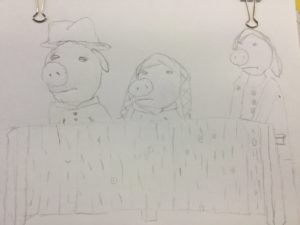
We’ll use this awesome learning next week as we write our own news reports.
